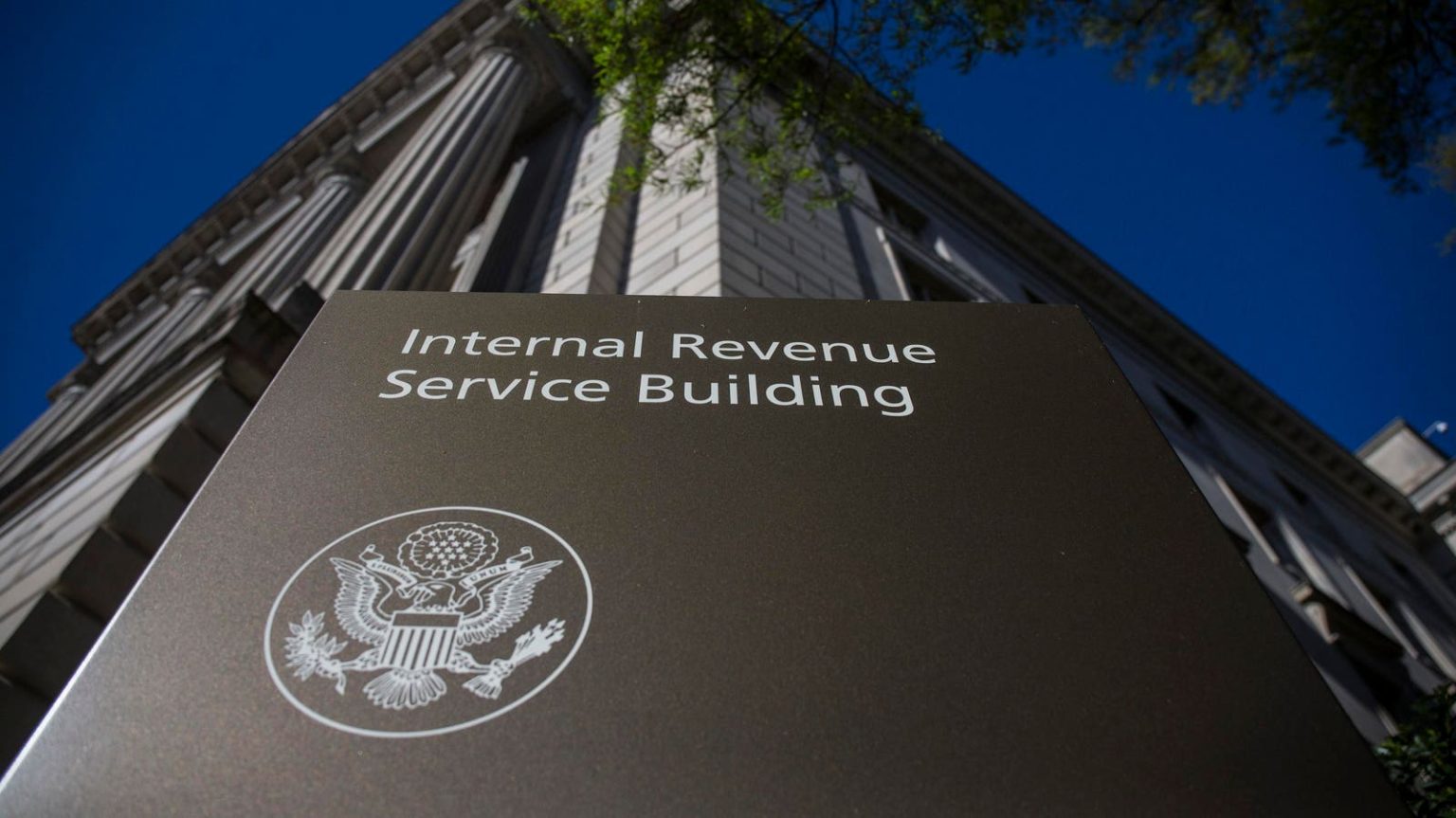The IRS is facing a massive backlog of unprocessed Forms 941-X, with an estimated 1.5 million pending ERC refund claims worth approximately $96 billion. The agency announced a moratorium on processing new ERC claims in September 2023 due to concerns about fraudulent claims, causing a significant slowdown in processing. Tax practitioners and taxpayers are urging the IRS to expedite the processing of legitimate claims to assist struggling businesses.
While the IRS has already processed millions of ERC claims, the remaining backlog poses a significant challenge. The agency has various options for handling these claims, including issuing refunds, auditing claims, denying claims, or taking no action. Recent statements by IRS Commissioner Werfel suggest a high level of suspicion of fraud in ERC claims, which could impact the agency’s decision-making process.
To address the backlog of unprocessed claims, taxpayers have options to expedite the processing of their ERC refunds. Seeking assistance from the Taxpayer Advocate Service (TAS) or contacting their congressperson may help prioritize their claims. Additionally, taxpayers may consider filing refund claim litigation or obtaining an advance on their unprocessed claims to access much-needed funds sooner.
Despite the challenges and uncertainties surrounding the processing of ERC refund claims, taxpayers are encouraged to explore their options and seek assistance from experienced tax professionals. The IRS faces a complex task of addressing the backlog while balancing the need to prevent fraudulent claims and provide relief to eligible businesses. As the situation evolves, taxpayers will need to remain vigilant and proactive in pursuing their refund claims.













